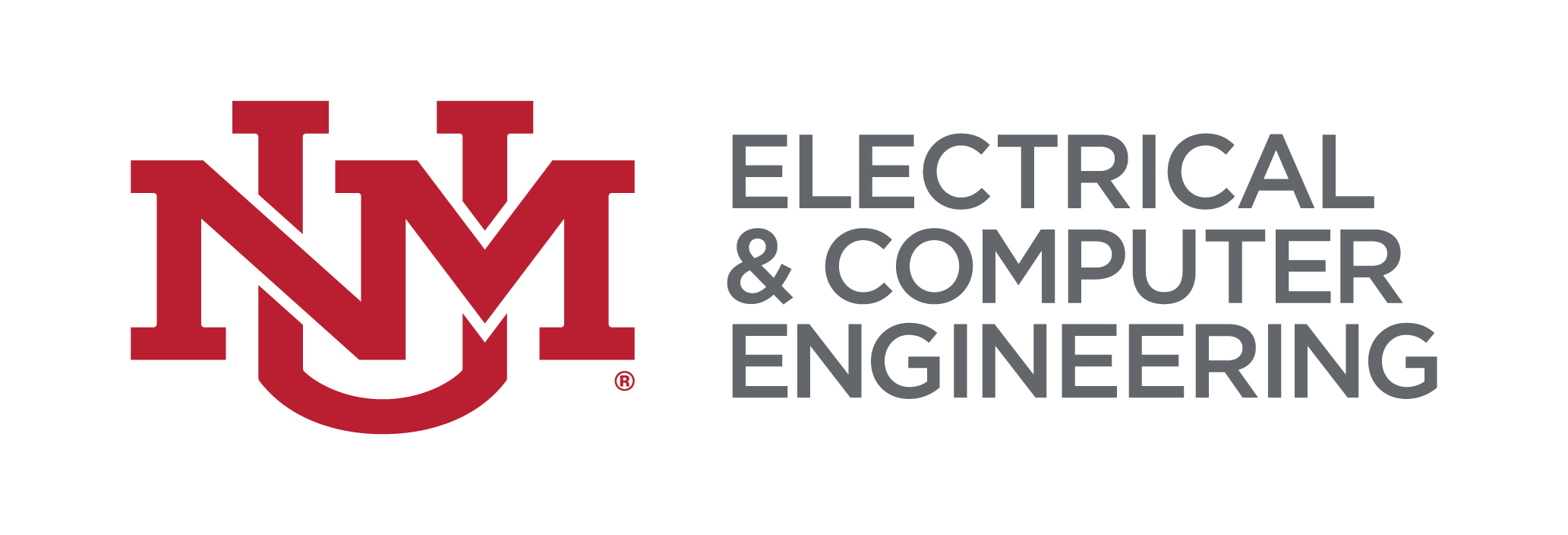Scholarships
ECE Departmental Scholarships
The ECE Department gives out over $10,000 in scholarship awards each year. Students can apply for these scholarships through the School of Engineering. Once students have applied to the School of Engineering, the applications will be sent to the ECE Department for review.
NSF Scholarships
Undergraduate Scholarship
Funded through a grant from the National Science Foundation (NSF), the UNM Science, Technology. Engineering, and Mathematics Scholarship Program (S-STEM) started in Spring 2007. S-STEM is an extension of the former Computer Science, Engineering, and Mathematics Scholarship (CSEMS) Program to include additional science fields.
IEEE Charles LeGeyt Fortescue Scholarship
Graduate Scholarships
Apply by Nov. 15
The scholarship carries a stipend of up to US $24,000 and is awarded for one year of full-time graduate work in electrical engineering at an engineering school of recognized standing located in the US. This scholarship is awarded annually.
To be eligible, the student must be a permanent resident of the US, have majored in the field of electrical engineering, and have received a bachelor's degree from an engineering college of recognized standing. The scholarship will be awarded to a first-year full-time graduate student only. In the event the college is conducting a combined B.S. and M.S. degree program, the student in the penultimate year would be eligible for the award, which would apply in the final year of the program.
Central United Methodist Church Foundation EE Scholarship
Graduate Scholarship
If you are a member of a United Methodist Church and hold a 3.2 GPA check out this scholarship right here. For more information on the scholarship contact Central Methodist Church Foundation.
CyberCorps: Scholarship for Service
Undergraduate & Graduate Scholarship
The Advanced Network Technologies Division at NIST has several staff, student, visiting researcher positions in the areas of:
- Internet Inter-Domain Routing Robustness.
- Secure Domain Name System Technologies.
- Network Anomaly Detection / Evaluation and Internet Traffic Analysis.
- Network Function Virtualization / Software Defined Networking.
- Measurement Science of Complex Networked Information Systems.
- Advanced DDoS Mitigation Techniques.
- Networked Cyber-Physical Systems.
- Next Generation Internet Architectures.
For more detailed information on these topic areas, and the specific opportunities available, click here.
